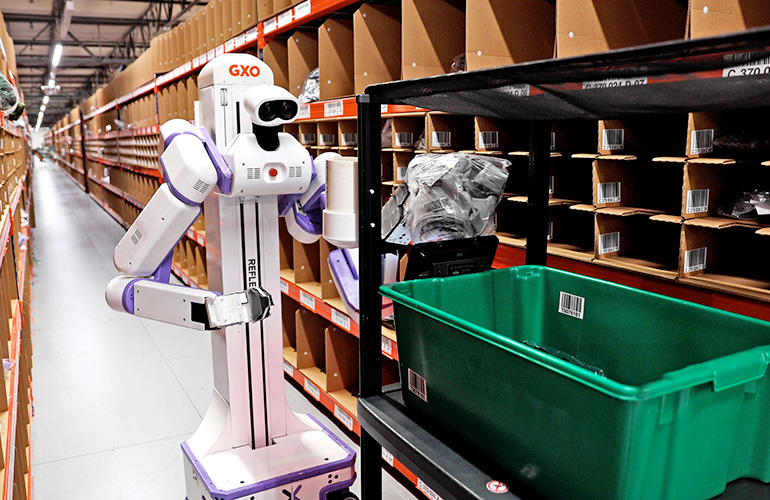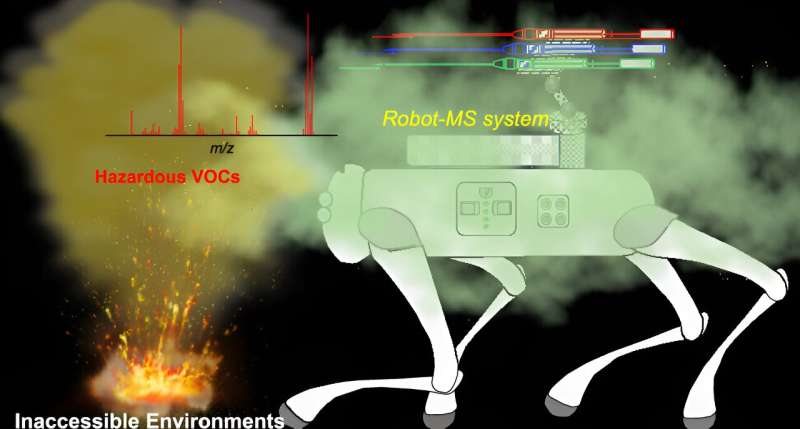Artificial intelligence is transforming scientific fields from medicine to physics by teasing insights from vast datasets. But chemistry research often lacks sufficient data for powerful predictive machine learning models. Now EPFL scientists demonstrate converting the text-savvy AI system GPT-3 into a virtual chemist by training it on limited published data.
Lead author Kevin Jablonka explains that despite prowess with language, GPT-3 starts chemistry-clueless. "If we ask ChatGPT a chemistry question, the answers are usually limited to what’s on Wikipedia. Instead, we customized GPT-3 with a small chemical dataset converted into Q&As, creating a model capable of accurate chemical conclusions."
The method curates relevant published chemistry findings into question-answer pairs. For example: "Is high-entropy alloy X in one phase or multiple phases?" Alongside the factual yes/no response, the chemical context provides training signal.
In tests across various research problems, GPT-3 models fine-tuned this way for mere minutes produced over 95% accuracy - even besting complex machine learning approaches. Beyond performance, the simplicity and speed of adapting the pre-existing language model sets it apart.
"Traditional machine learning takes months of development and data to train," Jablonka contrasts. "Our method is as easy as a literature search and works for diverse chemical tasks."
Formulating questions like "Is the yield obtained from this chemical recipe high?" and receiving reliable answers promises to transform early-stage research planning and experimentation. No longer limited to small statistical datasets, AI could tap into collective scientific knowledge at scale.
"Along with searching papers, querying GPT-3 may become a common first step to tap encoded knowledge and start a project," the authors suggest. "The implications are profound - it’s a method as simple as a literature search that applies across chemistry."
Rather than demanding specialized programming or mountains of data, adapting ready-made language model AI looks set to put a virtual lab buddy on every researcher’s desk. Ask it anything in natural terms and let it scour the chemical literature for insights.


















